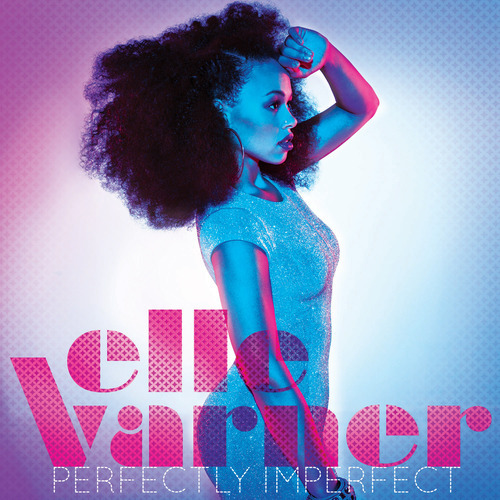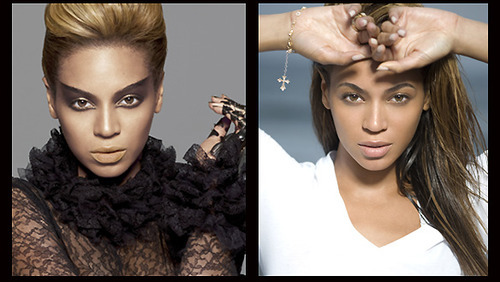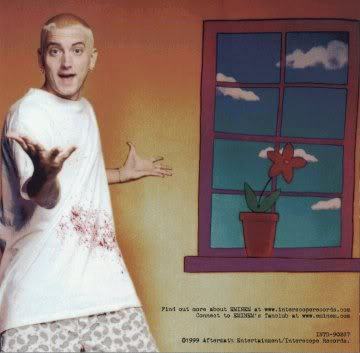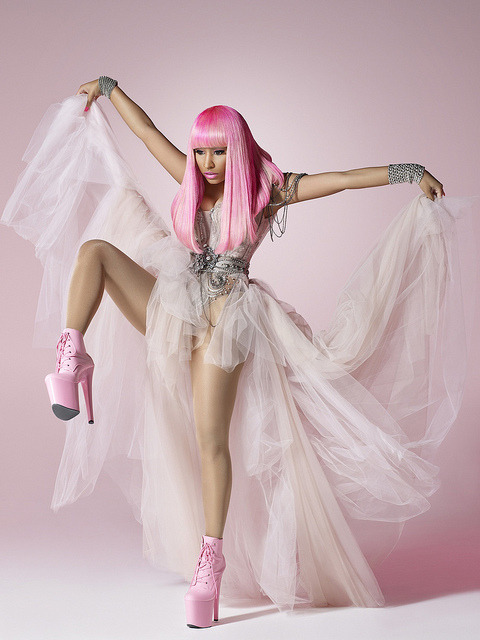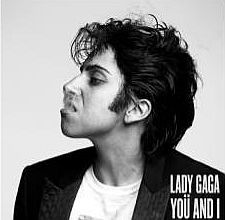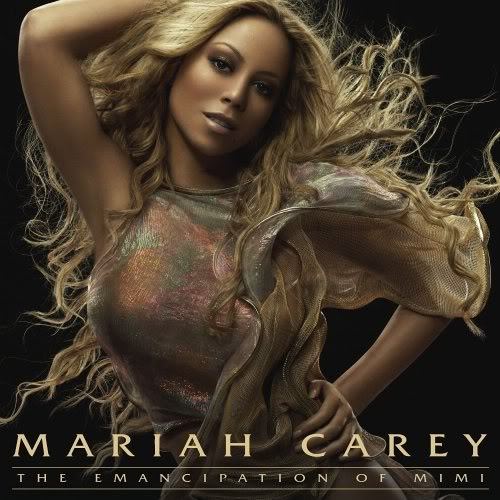Elle Varner’s “Perfectly Imperfect” album released on August
3rd, 2012. She’s no where
near “new” to music at all. Both of her
parents are songwriters and she actually often accompanied her parents to
recording studios for sessions. She even
divulged that at a young age, her parents would even ask her opinions and
suggestions on their music. Visit her
website at ellevarner.com. Elle Varner was born in
Los Angeles and grew up in the outskirts of the LA. She attended Amazing Grace Conservatory,
Hamilton High School under the Academy of Music and even received a spot in New
York University’s Clive Davis Program of Recorded Music. So understand, there’s no rookie behind
“Perfectly Imperfect”, just a pearl gracefully leaving the mollusk to shine.
We all are familiar with “Only Wanna Give it To You”, her
first single featuring J. Cole. She
actually started writing the song as a teenager and it’s one of her most loved
hits from the album. The clever lyrics
switch from her potential interest in a guy to her obsession with shoes. Her ability to grasp a concept and take each
piece of the concept apart to create something catchy is also exhibited in her
second single “Refill”.
Her newest single release is “I Don’t Care”, paired with
the video to the right. Her video shows unlikely couples, their love, and
their obvious struggles. Once again,
Varner keeps substance in her music with great lyrics and composition, and
reels us in for the kill with awesome melodies in her hooks.
Her more soul-esque tracks include Not Tonight, Welcome
Home, Sound Proof Room which all show off her range and skill.
The percussion and strings in “Oh What a Night” is sick
alone without her skilled vocals, and it definitely has potential to be a radio
single. Speaking of strings, “Damn Good Friends” is just Elle and guitars in ¾
time. She definitely pushes the limits
and goes for what is different, yet beautiful.
“Stop the Clock” slows the album back down and utilizes
awesome chords throughout the song, and the track “ticks” like a clock during
her verses. What more could you ask for?
The last and my personal favorite is “So Fly”. This track discusses our society’s idea of
outer and inner beauty. It reminds me of
TLC’s “Unpretty”. The substance of this
track overpowers the melody and the background. It’s awesome that she picked
such a mellow accompaniment for a song with such a strong message and it will
no doubt speak to the hearts of younger girls today.







